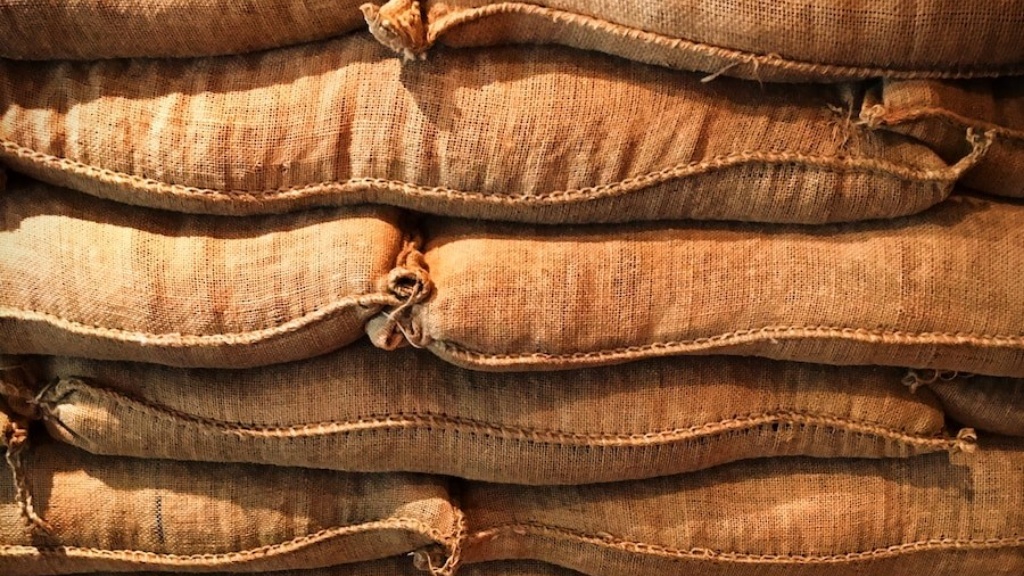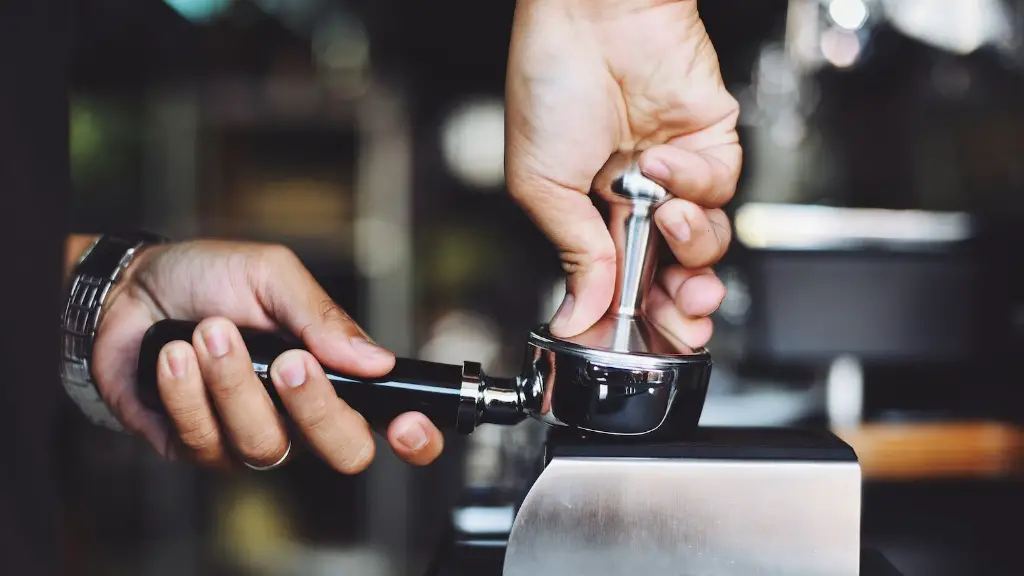Is it safe to drink decaf coffee when pregnant? The medical and scientific community has had limited research into the impact of caffeine on pregnancy, making it difficult to make definitive statements about its safety. While most experts believe that low levels of caffeine consumption are unlikely to cause any adverse effects on the mother or baby, the amount and type of caffeine that is safe for pregnant women is still debated and a controversial topic.
Decaffeinated coffee provides an alternative and safe choice for coffee-drinking moms-to-be, but it turns out that decaf coffee is not completely free of caffeine. In fact, decaf coffee still contains some caffeine – usually around 5 to 10 mg per cup. This is significantly lower than regular coffee, which typically contains around 95 mg of caffeine per cup. But the amount and type of caffeine present in decaf coffee still remains a potentially concerning factor to consider.
Caffeine is a known stimulant which can affect your baby’s heart rate as well as cause dehydration in both mother and baby. In addition, studies suggest that excessive caffeine intake during pregnancy may be linked to a small increased risk of miscarriage, premature birth or low birth weight. For this reason, healthcare providers often advise pregnant women to limit caffeine intake to 200mg per day (about two cups of coffee a day).
It is also important to consider that caffeine can stay in your body for up to six hours at a time, so if you choose to drink decaffeinated coffee, you might want to consider having it earlier in the day as you will still be exposed to small amounts of caffeine for the following few hours. It is also important to be aware that decaffeinated drinks may still contain unhealthy sugars and additives, and women should limit their daily intake of sugary drinks when pregnant.
For many women, the joy of having a cup of coffee while pregnant is undeniable. And thanks to decaffeinated coffee, the risks associated with caffeine consumption can be significantly reduced. However, it is still important to be mindful of the amount and type of decaf coffee consumed. Discuss your consumption of caffeine during pregnancy with your healthcare provider and make the decision that’s best for you.
Caffeine levels in a cup of decaf coffee
The amount of caffeine present in a cup of decaf coffee varies depending on the type of coffee and brewing method used. On average, a 6 oz cup of decaf contains between 2-12 mg of caffeine, while a 12 oz cup contains approximately 5-15 mg of caffeine. However, some coffees may contain even smaller amounts, while some types of specialty coffees can have higher levels of caffeine – up to approximately 20 mg per cup. Generally speaking, if you are pregnant, it is best to opt for the lower range of caffeine levels to ensure your safety.
As mentioned, the caffeine level in decaf coffee can vary depending on the type of coffee beans and brewing method. Most decaf coffees are made from Arabica beans, and the process of extracting caffeine from the beans generally involves soaking it in hot water or using a chemical solvent. Water-processed decaf coffees generally retain some of the original flavor and more nutritional benefits, making them the better option for pregnant women.
Pros and cons of drinking decaf coffee during pregnancy
Consuming caffeine during pregnancy is a personal choice, and it is ultimately up to you to decide what’s best for you and your baby. Generally speaking, the pros and cons of drinking decaf coffee during pregnancy should be carefully weighed. For instance, drinking decaf coffee in moderation can provide some of the same benefits associated with regular coffee, such as energy and alertness. On the other hand, decaf coffee may not provide the same nutritional benefit due to its low caffeine content, and it can also come with some risks such as exposure to unhealthy additives.
Overall, it is important to remember that caffeine still affects pregnant women, even when it’s in the form of decaf coffee. It is best to discuss your caffeine consumption with your healthcare provider, and make an informed decision about how much and what type of coffee you want to drink during your pregnancy.
Health effects on pregnant women
It is generally agreed upon that pregnant women should limit their caffeine intake. Caffeine is a stimulant that can affect your baby’s heart rate and can lead to dehydration in both mother and baby. In addition, some studies suggest that excessive caffeine intake during pregnancy may be linked to a small increased risk of miscarriage, premature birth or low birth weight.
Keep in mind that the effects of caffeine vary from one woman to another. As such, it is important to discuss your consumption of any caffeinated drinks with your healthcare provider, so they can help you determine the amount and type of beverage that is safe for you to consume.
It is important to be aware that decaf coffees may still contain unhealthy ingredients and additives. For instance, some decaf coffees may contain other stimulants, such as guarana, which can be harmful to pregnant women. It is therefore important to be mindful of the type of decaffeinated coffee you are drinking and ensure that it does not contain any additives that can be unsafe for pregnant women.
As for artificial sweeteners, some research suggests that artificial sweeteners, such as aspartame, may be linked to health risks such as preterm delivery and higher rates of birth defects. While more research is needed to confirm these findings, it is best to avoid artificial sweeteners and additives when possible, particularly during pregnancy.
Herbal alternatives to decaf coffee
Drinking decaffeinated coffee during pregnancy is a personal choice and something that you should discuss with your healthcare provider. For those looking for alternatives, there are also several herbal beverages that can be enjoyed hot or cold and provide some of the same energy boost as coffee without the caffeine content.
Some of the herbal beverages that can be enjoyed during pregnancy include: chamomile tea, ginger tea, dandelion root, licorice root and rooibos tea. Many of these drinks have additional health benefits, such as aiding digestion and helping with nausea, but it is best to check with your doctor before consuming any herbal beverage for the first time.
Conclusion
In conclusion, although there is limited research into the effects of caffeine on pregnancy, it is always best to discuss your caffeine intake with your healthcare provider before making a final decision. In most cases, it is safe to consume small amounts of decaffeinated coffee, but it is important to be aware of the level of caffeine present in the coffee as well as any unhealthy additives. If you are looking for alternatives to coffee, there are also several herbal beverages that can provide similar benefits without the caffeine content.




